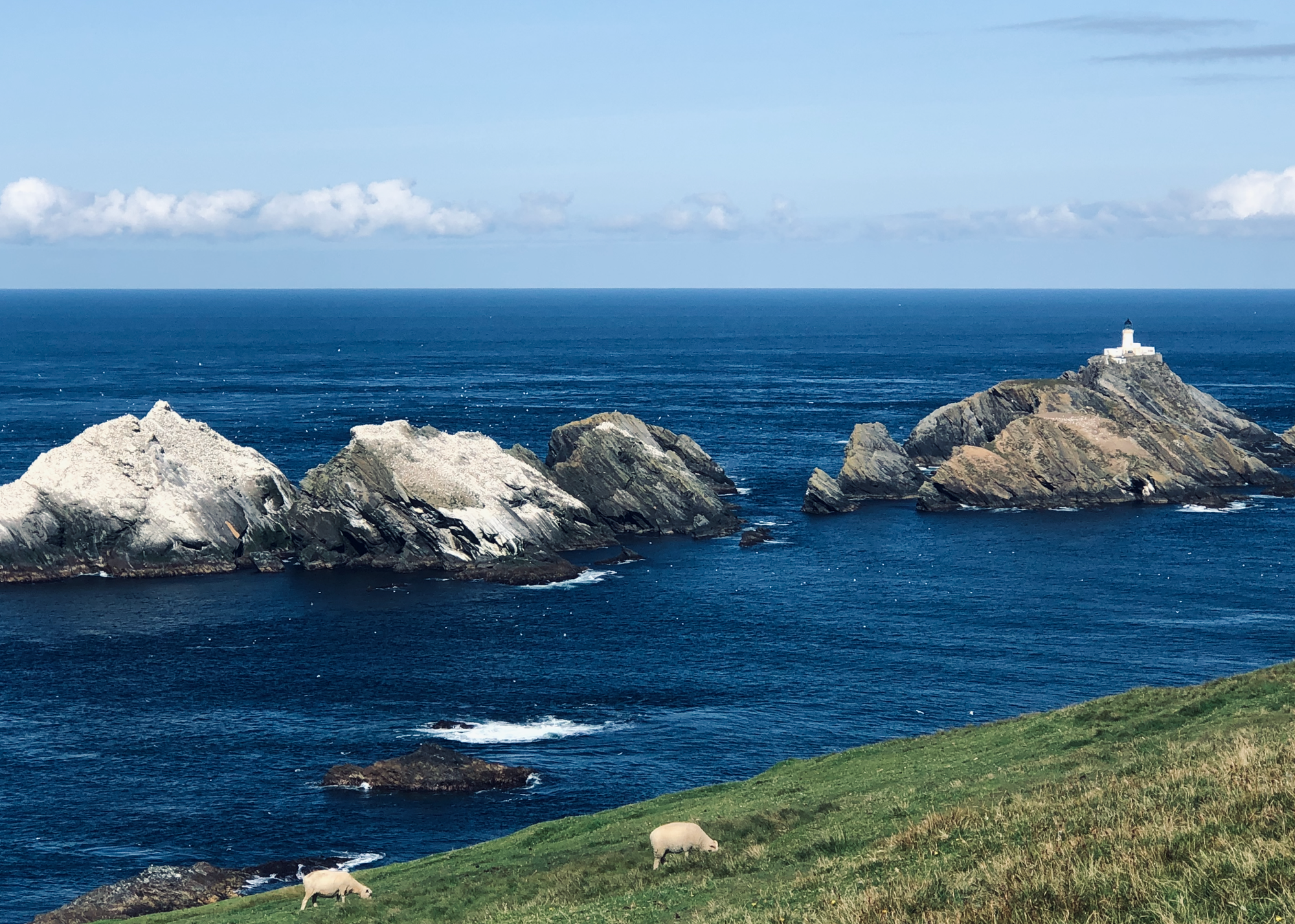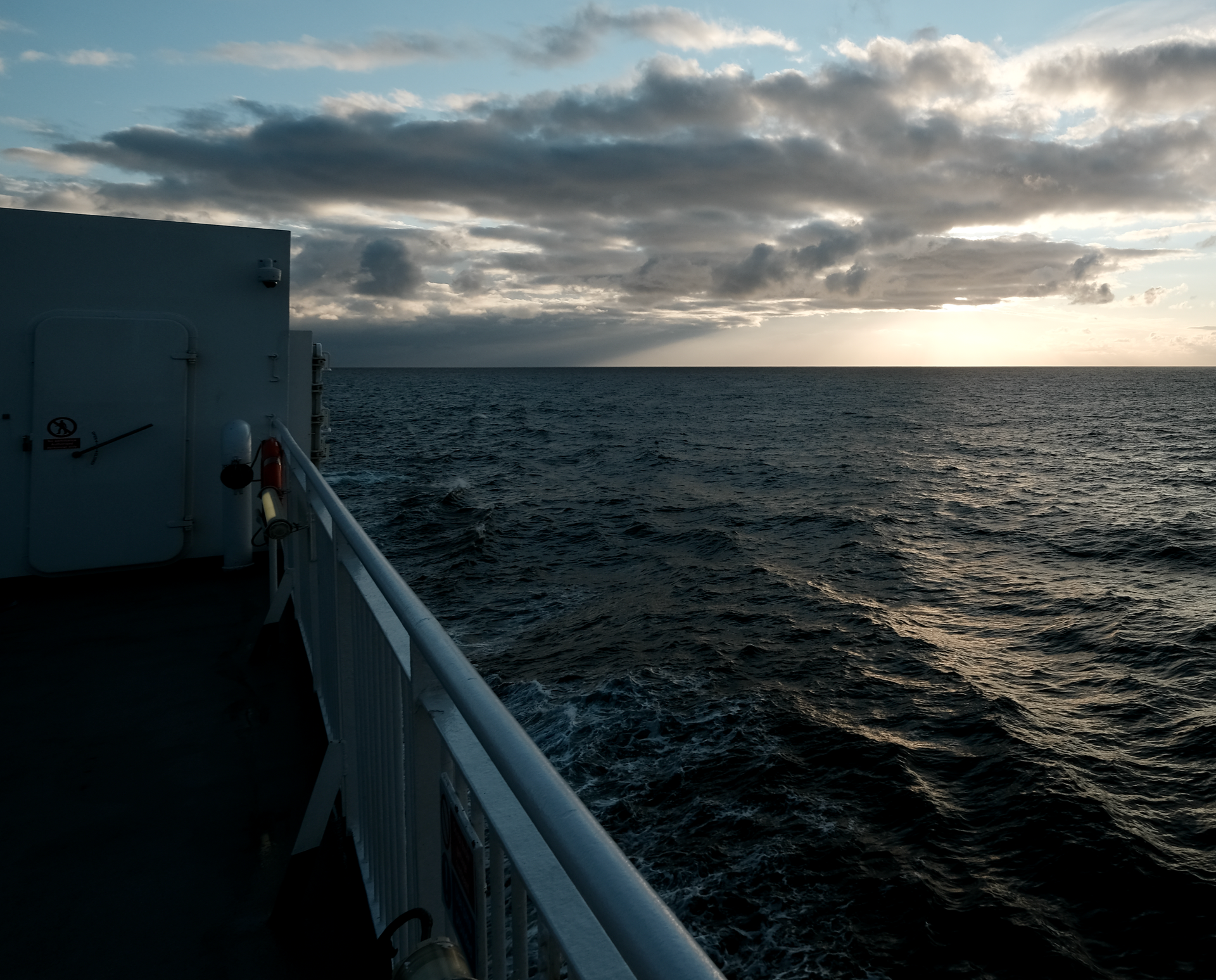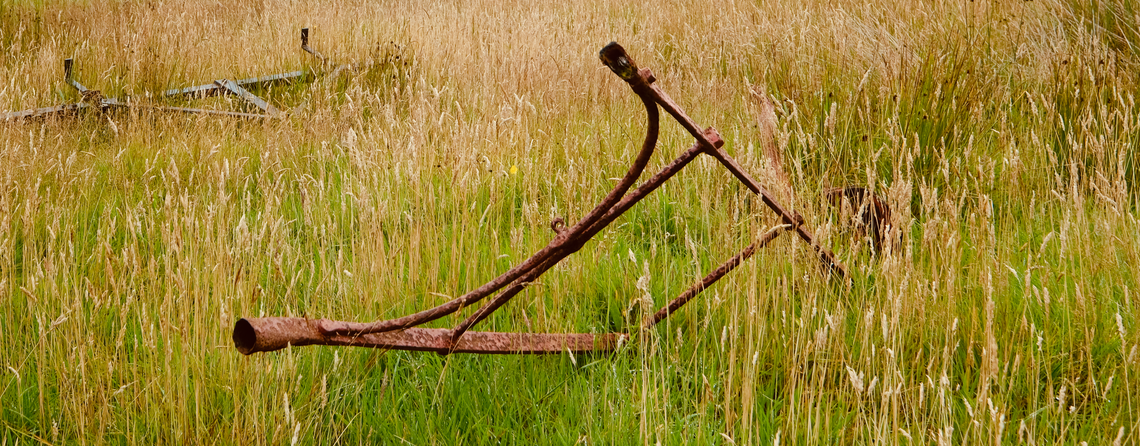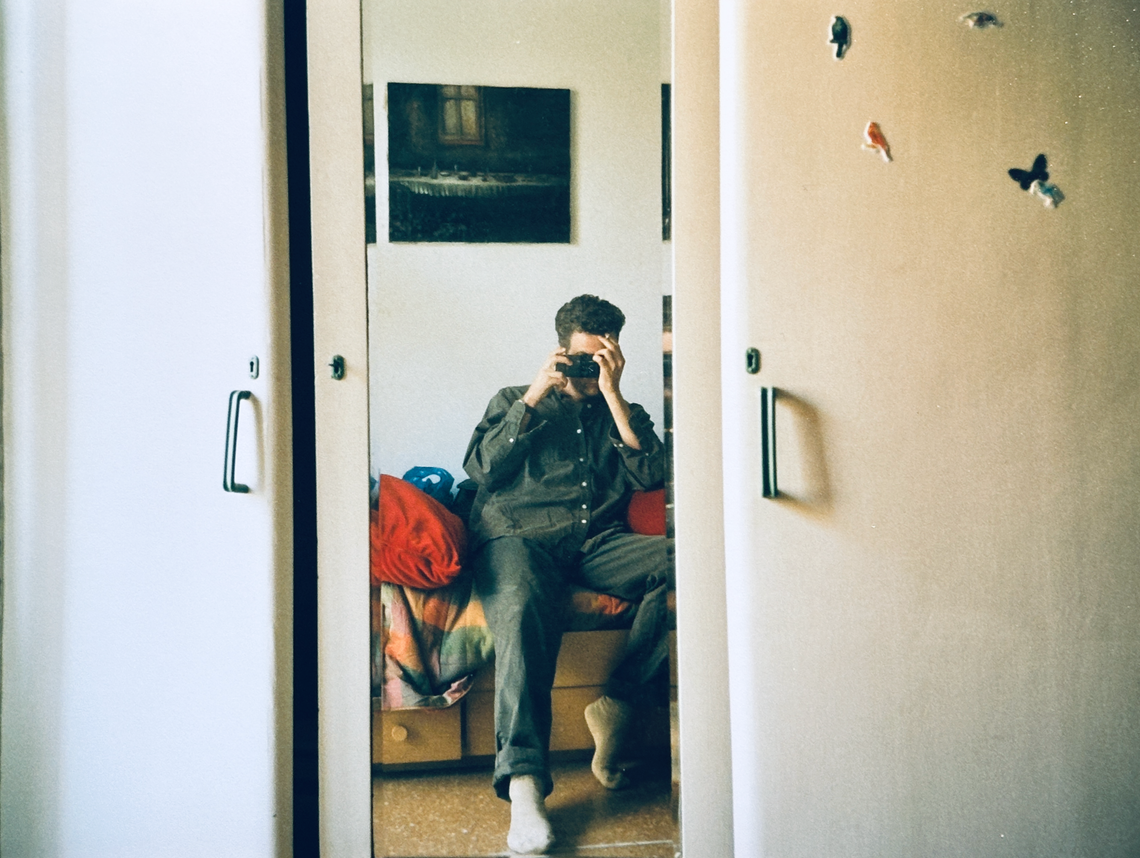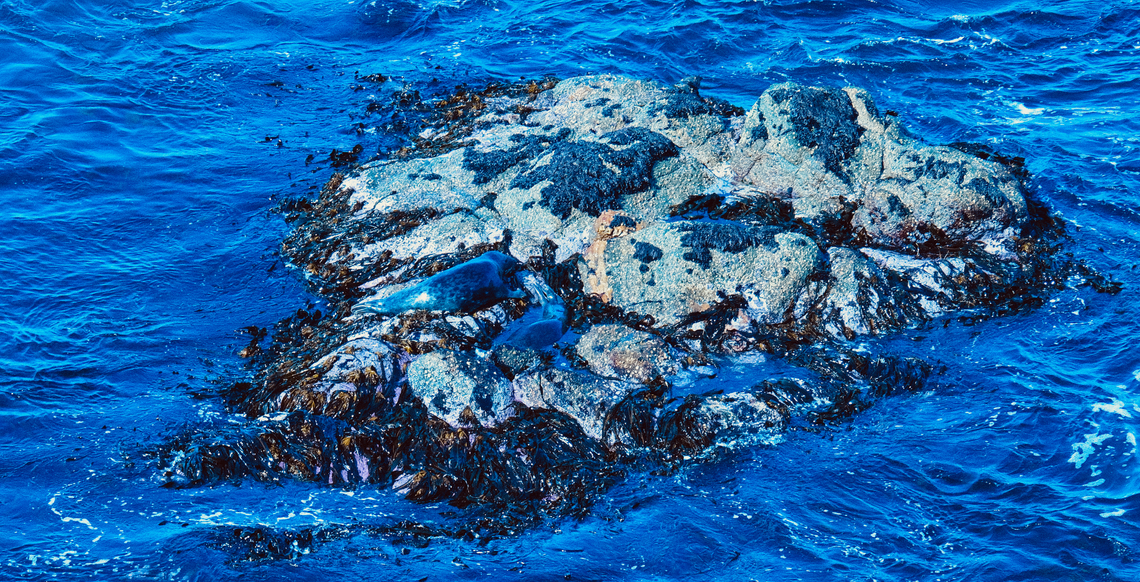"Why are you out here?" asked the bishop angrily.
"Travelling."
"What in?"
Robert Byron, The Road to Oxiana
The overnight ferry crossing from Orkney to Shetland is, it turns out, an oneiric journey, a journey which comes with dreamworld supplied.
My brother and I have not booked a cabin, so we camp out in the little onboard cinema, a darkened space with twenty or so seats in five or six rows, showing no movie. Some of the seats are already taken by humped and slumbering forms, passengers from Aberdeen; we find a seat near the back and settle in.
A young woman comes in after us and establishes herself in the same row, across the tiny aisle. She has Tourette’s. She announces as much to the drowsing company, by way of apology. And then she, too, settles in as best she can.
Through the early watches of the night she startles regularly awake with a little flail of arms and a shout at the gods from the midst of her psychic storm—Fuck off! Fucking move!—followed by a mild apology. Fucking move! Sorry!
It sounds exhausting, as if she is navigating social shoals and channels blindfold, by groping instinct. With a lot of bumping into. Fucking move.
Eventually she dozes off, and we doze off with her. But at about three o’clock, I wake again, and slowly notice that our travelling companion is talking in her sleep, freely, softly, mellifluously, in a fresh and incomprehensible (to me) murmur of Gaelic.
I look over at her. She is sunk deep in a sleeping bag which is further swaddled in blankets. She has come prepared. From the shapelessness of her form, its restless motion, she might be pupating there, or moulting skins like a Pythian selkie, brimful of memory and foresight, a metamorphosis in which the merest thought, the merest half-dream, looks like prophecy.
So there we all sit or lie, in the darkened blank cinema, lulled by the waves of a Gaelic dream and the long wave-motion and deep engine-shudder of the boat, on the simmer-dim seas of the Northern Isles, tracing beneath our keel the invisible boundary of Atlantic and North Sea.
...
It is, if not odd, then notable that the young woman was speaking Gaelic. The Northern Isles of Orkney and Shetland are not, have never been, Gaelic speaking. They have their own Norse-derived dialects. This young woman was a traveller across alien lands.
But then, she is travelling a well-worn path. From the early 1880s to the Great War, young Gaelic-speaking women from the Western Isles and the Highlands arrived in numbers each year, and again, although not so many, between the wars. They were coming for the wage-labour thrown up by the boom in the herring fisheries.
This young woman was not coming for the herring, I am sure. But the path had been laid out for her.
...
My mother grew up in the south-west of Ireland, and all her schooling was in Irish, by decree of the recently-emerged Irish Free State. She was not a native speaker, but down to her last years she would regularly brim over with a half-sentence, a remembered phrase, when she was cooking, going about her business.
She never followed the herring fleet, but she did leave home at nineteen. Her father turned up at the station in Tralee the day she left to press a bag of sweets into her hand. Her aunt, who was supposed to meet her at Euston Station, never showed up, and my mother was found by a policeman at dusk weeping by her suitcase on a bench by the side of Hyde Park. He took her to a shelter for unmarried women, and she started from there, in an English-speaking world, leaving her Irish behind.
...
My brother and I are returning to Shetland, to settle the place.
We had been in Shetland, at the northernmost point of the British Isles, when my mother, now ninety years old, took the fall from which she never regained consciousness. We were walking back from the overlooks of Muckle Flugga and Outstack, where in the ludicrous wind we had been watching gales of snow-white gannets rise like streams of Victorian angels over the guano-white rocks, as though at this remote and stormy margin the islands were volatile, constantly dissolving into particulate gannets and reforming in guano islands.
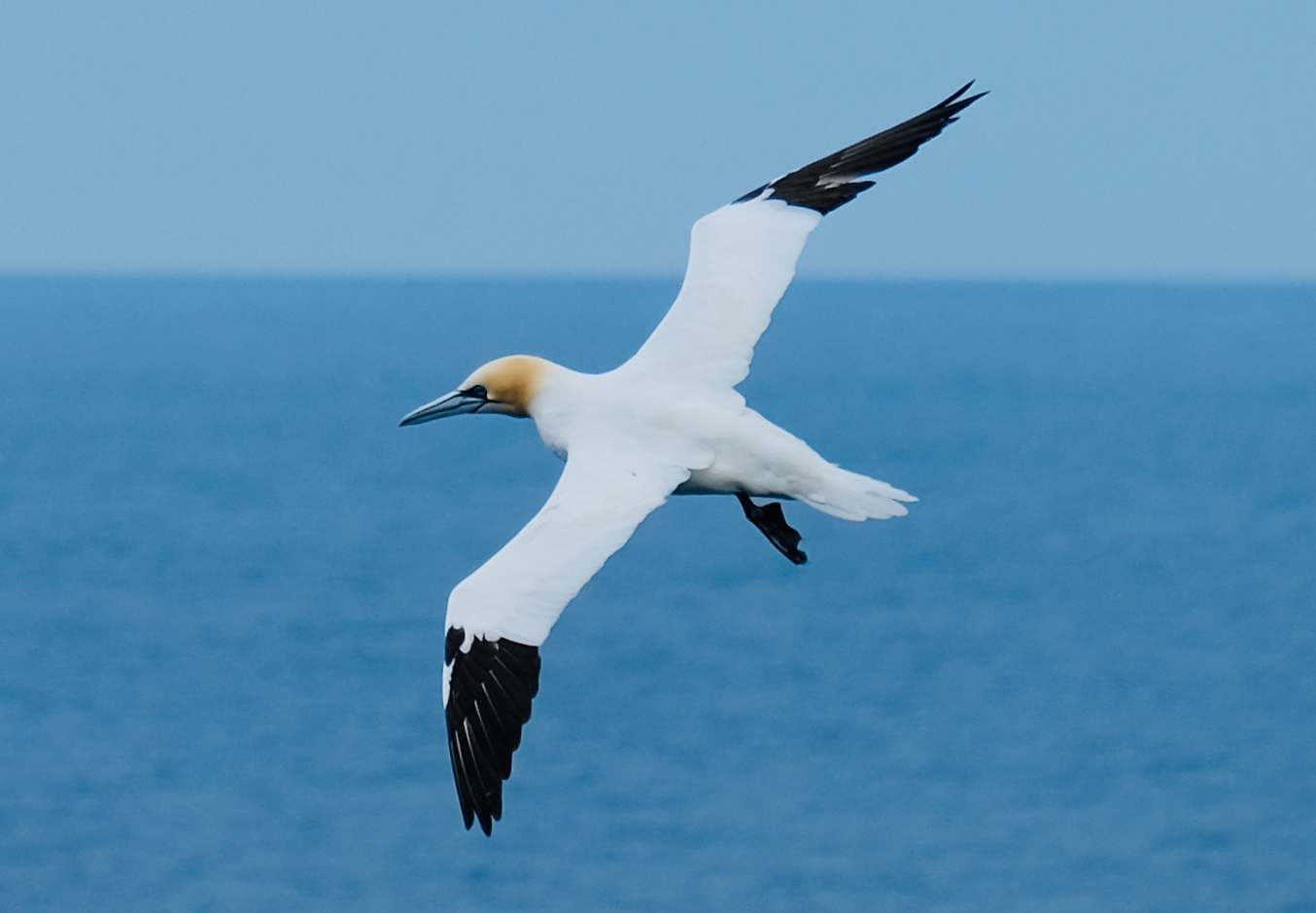
We listened to the message left by the care home in the car park at Hermaness on Unst; we called Addenbrooks hospital from a cafe in Yell; we spoke to a doctor back in Lerwick; and we rearranged our flights and were back in Cambridge thirty hours later. My mother most likely did not note the passage of time, but was sleeping fitfully when we arrived, her limbs jerking autonomically, her vocalisations disjointed. Oneiric.
It took her two weeks to die. Afterwards, I went up to Orkney; and now two years and one pandemic later we were returning to Shetland, from Orkney, accompanied by this Gaelic murmur, these shouted imprecations, warding us off or guiding us on. If ever there was a crossing fraught with meaning, this was it.
